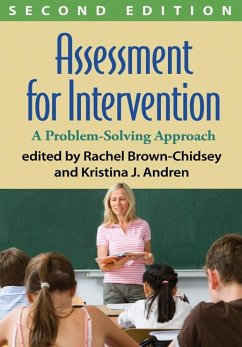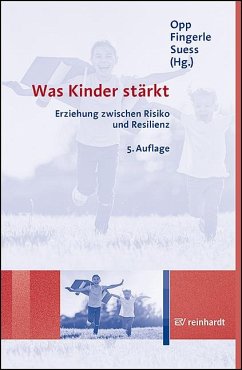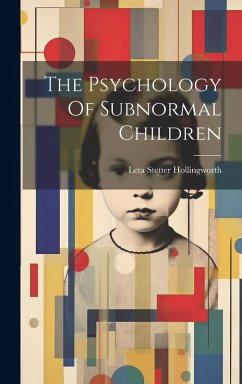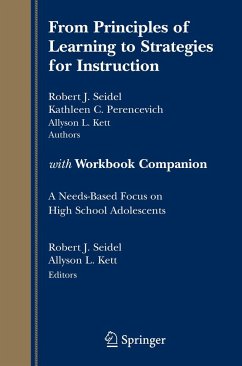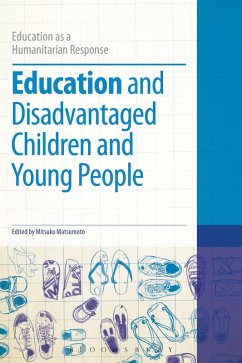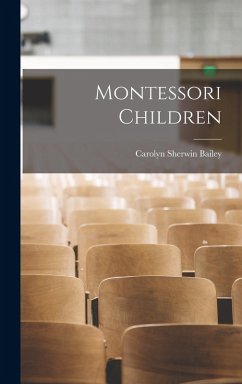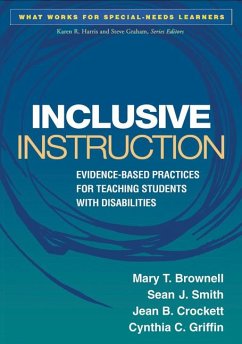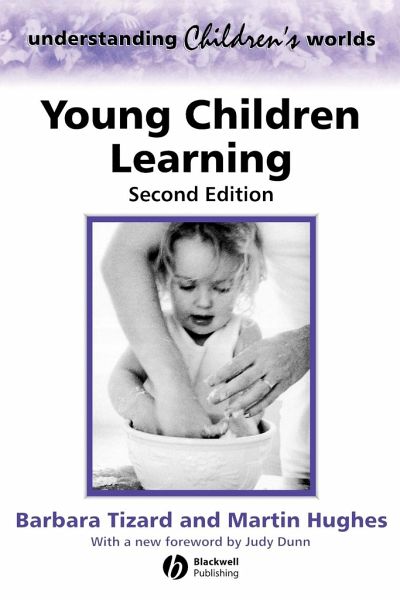
Young Children Learning

PAYBACK Punkte
23 °P sammeln!
This fascinating account of an unusual research project challenges many assumptions about how young children learn and how best to teach them. In particular it turns upside-down the commonly held belief that professionals know better than parents how to educate and bring up children; and it throws doubt on the theory that working-class children underachieve at school because of a language deficit at home. The second edition of this bestselling text includes a new introduction by Judy Dunn.Fascinating account of an unusual research project challenges many assumptions about how young children.Tu...
This fascinating account of an unusual research project challenges many assumptions about how young children learn and how best to teach them. In particular it turns upside-down the commonly held belief that professionals know better than parents how to educate and bring up children; and it throws doubt on the theory that working-class children underachieve at school because of a language deficit at home. The second edition of this bestselling text includes a new introduction by Judy Dunn.
Fascinating account of an unusual research project challenges many assumptions about how young children.
Turns upside-down the commonly held belief that professionals know better than parents how to educate and bring up children.
Throws doubt on the theory that working-class children underachieve at school because of a language deficit at home.
The authors evidence is the children s own conversations which are quoted extensively and are delightful.
The second edition of this bestselling text includes an introduction by Judy Dunn.
Fascinating account of an unusual research project challenges many assumptions about how young children.
Turns upside-down the commonly held belief that professionals know better than parents how to educate and bring up children.
Throws doubt on the theory that working-class children underachieve at school because of a language deficit at home.
The authors evidence is the children s own conversations which are quoted extensively and are delightful.
The second edition of this bestselling text includes an introduction by Judy Dunn.



